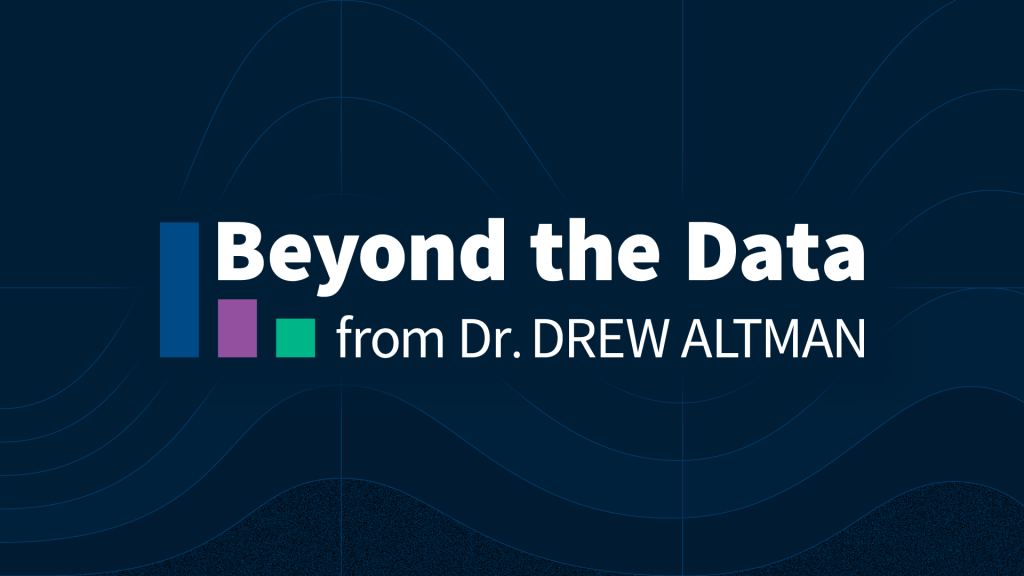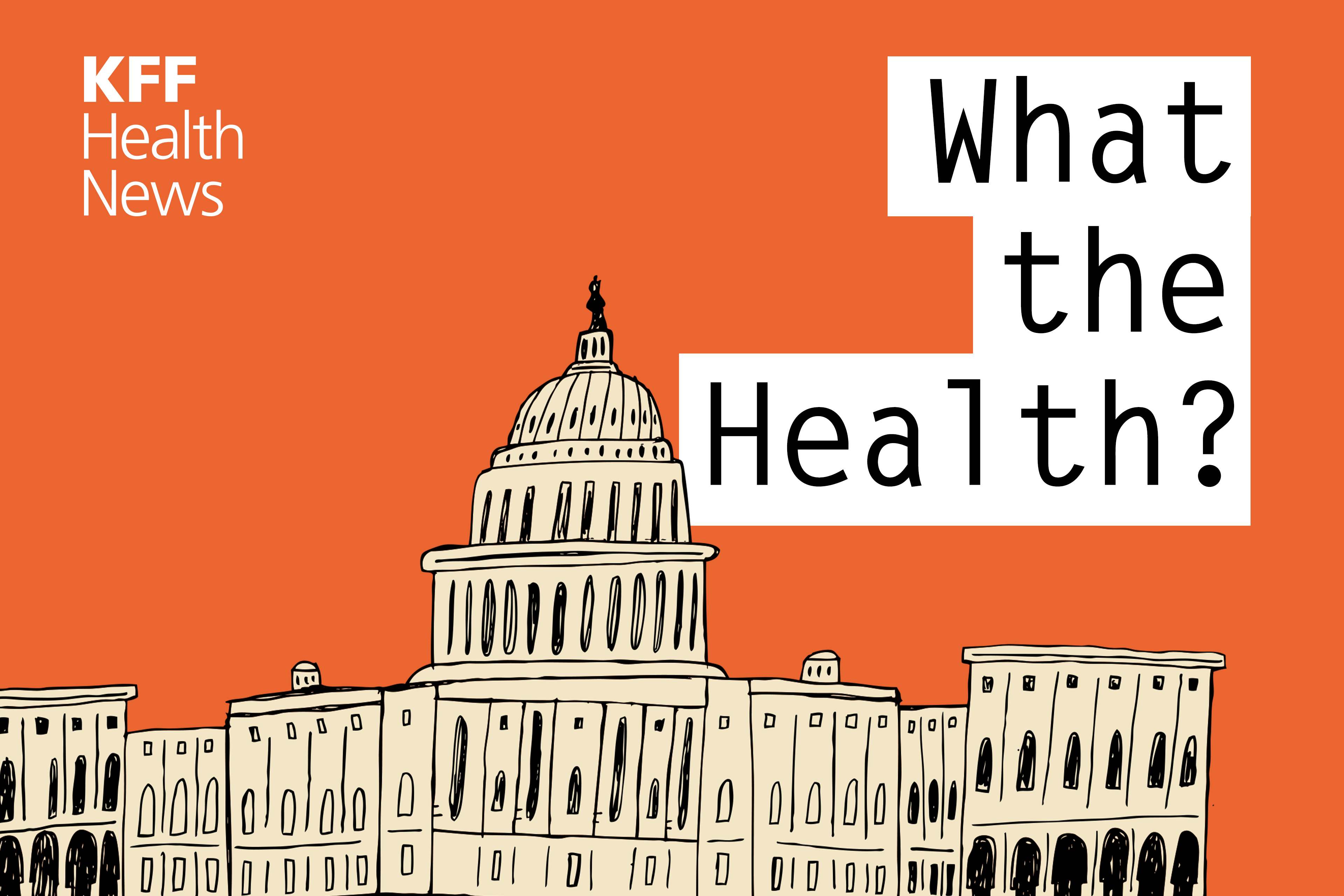How Will the 2025 Reconciliation Law Affect the Uninsured Rate in Each State?
This analysis apportions the increase in the number of uninsured across the 50 states and DC. CBO estimates that the reconciliation law will increase the number of uninsured by 10M in 2034 and rise to over 14M if enhanced premium tax credits for ACA Marketplace enrollees expire later this year.




